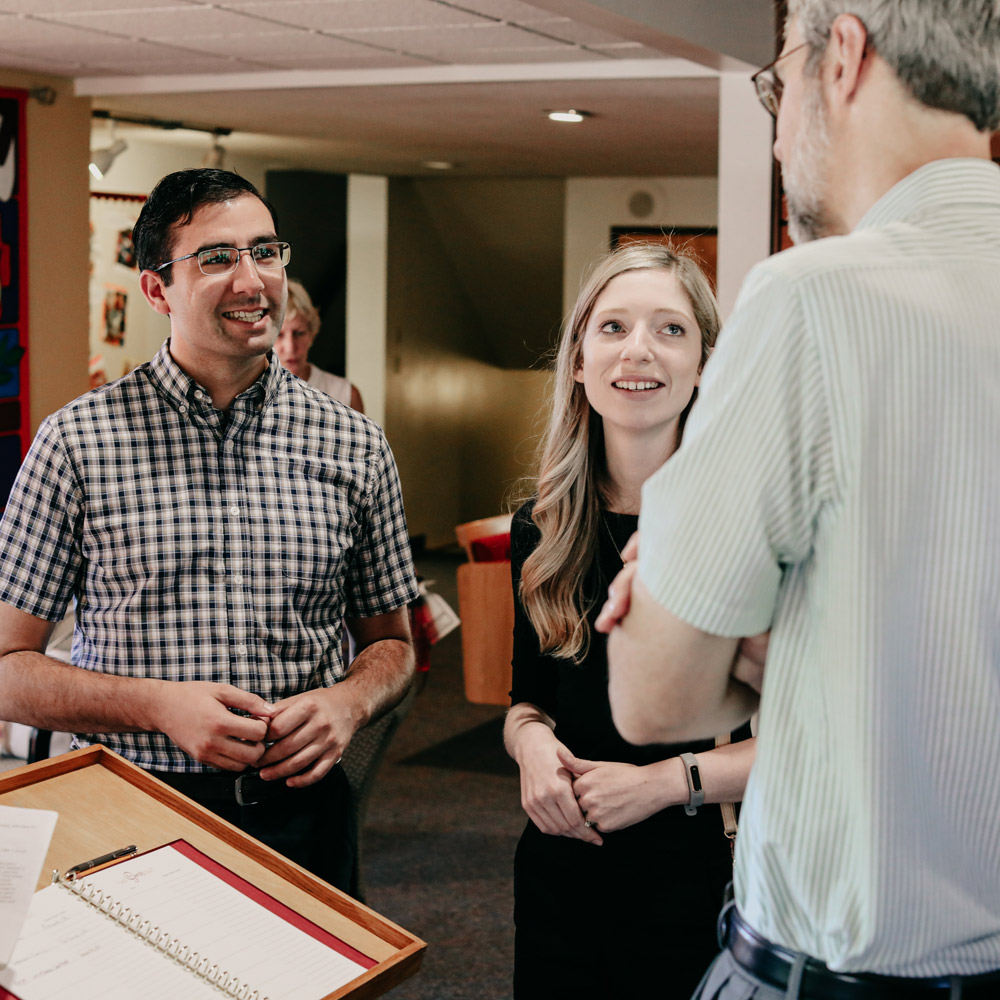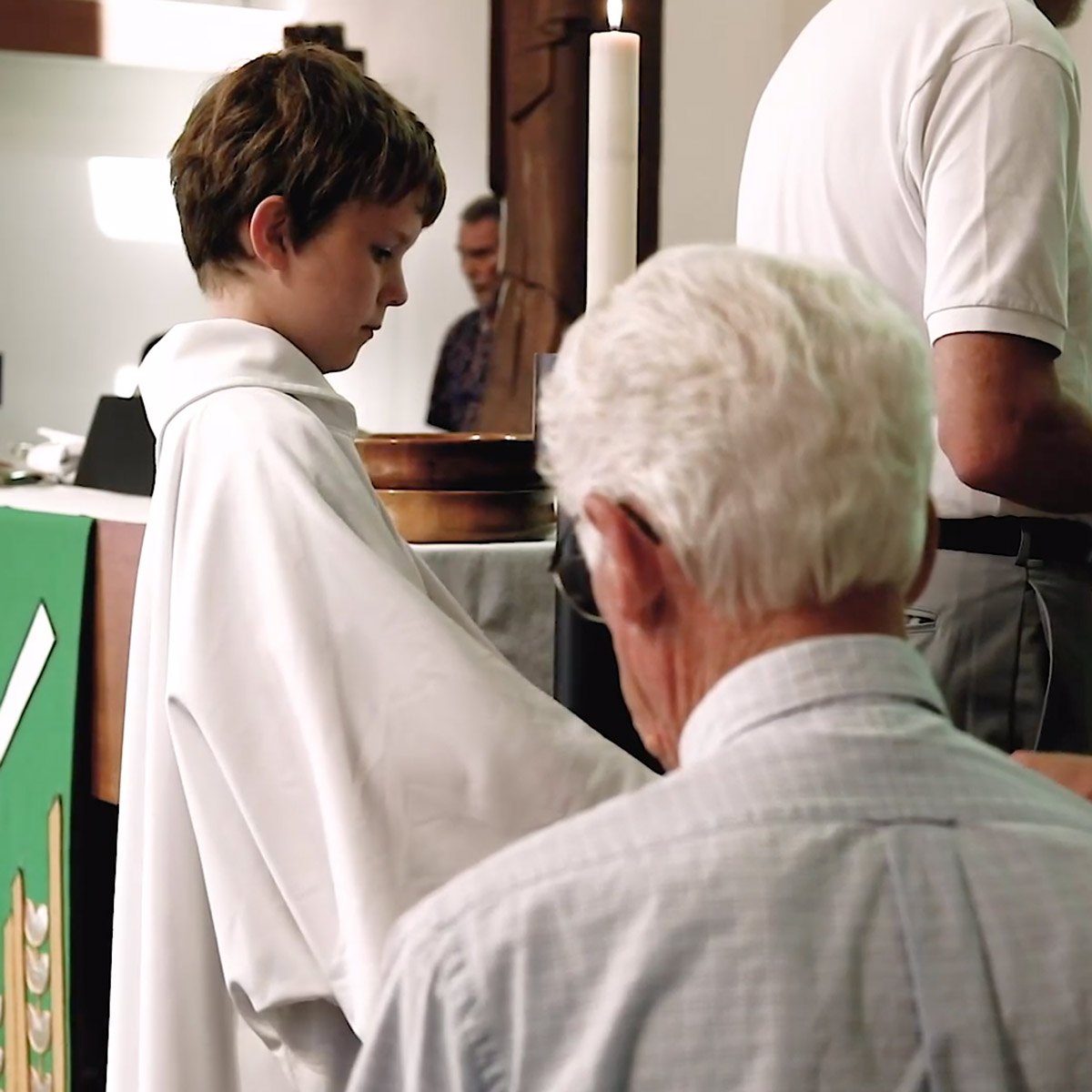
March 3, 2021 | Fasting

Fasting is something we don’t hear about a lot in church, even there we don’t like to talk about depraving ourselves of anything. To many within the church, fasting seems over and above. So, if fasting has become relegated to an after-thought, why should we change what we’ve always done? Isn’t it enough that I give up Snickers for lent?
I hope to show you that fasting is about much more then what you are having to go without. Fasting has many benefits. Let’s first talk about the health advantages. From healthline.com, fasting:
- Promotes Blood Sugar Control by Reducing Insulin Resistance
- Promotes better health by fighting inflammation
- May Enhance Heart Health by Improving Blood Pressure, Triglycerides and Cholesterol Levels
- May Boost Brain Function and Prevent Neurodegenerative Disorders
- Aids Weight Loss by Limiting Calorie Intake and Boosting Metabolism
- Increases Growth Hormone Secretion, Which Is Vital for Growth, Metabolism, Weight Loss and Muscle Strength
- Could Delay Aging and Extend Longevity
- May Aid in Cancer Prevention and Increase the Effectiveness of Chemotherapy
These are all good reasons to fast for sure, but these are not the greatest reasons. The best reasons are found in Scripture. From thenivbible.com. Fasting is used:
- To strengthen prayer – Ezra 8:23, “So we fasted and implored our God for this, and he listened to our entreaty.” It doesn’t change the prayer or God’s ability to hear them, but it does change the way we pray, bring with it an urgency and a remembrance of all that God provides.
- To seek God’s guidance – Judges 20:26. “Then all the people of Israel, the whole army, went up and came to Bethel and wept. They sat there before the LORD and fasted that day until evening, and offered burnt offerings and peace offerings before the LORD.” Again, its not done to change God but to make us more receptive to His guidance.
- To express grief – 1 Samuel 31:13. “And they took their bones and buried them under the tamarisk tree in Jabesh and fasted seven days.” One of the primary reasons for fasting in the Bible and a natural response to grief.
- To seek deliverance and protection – 2 Chronicles 20:3-4. “Then Jehoshaphat was afraid and set his face to seek the LORD, and proclaimed a fast throughout all Judah. 4 And Judah assembled to seek help from the LORD; from all the cities of Judah they came to seek the LORD.” This is sone in community to bind them together under God’s protection.
- To express repentance and a return from God – 1 Samuel 7:6. “So they gathered at Mizpah and drew water and poured it out before the LORD and fasted on that day and said there, “We have sinned against the LORD.” And Samuel judged the people of Israel at Mizpah.” It helps us express our grief for the sins we have committed.
- To humble oneself before God – 1 Kings 21:27-29. “And when Ahab heard those words, he tore his clothes and put sackcloth on his flesh and fasted and lay in sackcloth and went about dejectedly. And the word of the LORD came to Elijah the Tishbite, saying, “Have you seen how Ahab has humbled himself before me? Because he has humbled himself before me, I will not bring the disaster in his days; but in his son’s days I will bring the disaster upon his house.” “Remember that fasting itself is not humility before God,” reminds Donald Whitney, “but should be an expression of humility.”
- To express concern for the work of God – Nehemiah 1:3-4. “And they said to me, “The remnant there in the province who had survived the exile is in great trouble and shame. The wall of Jerusalem is broken down, and its gates are destroyed by fire. As soon as I heard these words I sat down and wept and mourned for days, and I continued fasting and praying before the God of heaven.” A tangible sign of our concern.
- To minister to the needs of others – Isaiah 58:6-7. “Is not this the fast that I choose: to loose the bonds of wickedness, to undo the straps of the yoke, to let the oppressed go free, and to break every yoke? Is it not to share your bread with the hungry and bring the homeless poor into your house; when you see the naked, to cover him, and not to hide yourself from your own flesh?” Spend time you’d normally spend eating, helping others.
- To overcome temptation and dedicate yourself to God – Matthew 4:1-4. “Then Jesus was led up by the Spirit into the wilderness to be tempted by the devil. 2 And after fasting forty days and forty nights, he was hungry. 3 And the tempter came and said to him, “If you are the Son of God, command these stones to become loaves of bread.” 4 But he answered, “It is written, “‘Man shall not live by bread alone, but by every word that comes from the mouth of God.’” Fasting helps us focus on the right things. And finally,
- To express our love and worship of God – Luke 2:37. “And then as a widow until she was eighty-four. She did not depart from the temple, worshiping with fasting and prayer night and day.” It shows that we hunger for more than food.
As we can see, fasting has many spiritual benefits also. I invite you to make it a part of your worship to God, not just with the food you eat but also in the giving up of your earthly gods. Let it make you sharper. Let it bring to you an understanding of all God provides. Please pray with me:
Heavenly Father, forgive us when we fall out of favor in any kind of worship and encourage us to do whatever we can to be closer to you. Heal us of our wants that turn to needs and help us to be satisfied with all You provide. Amen.















